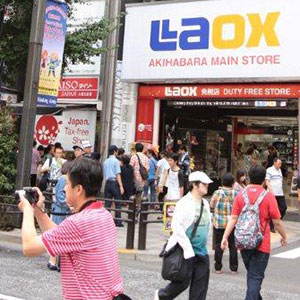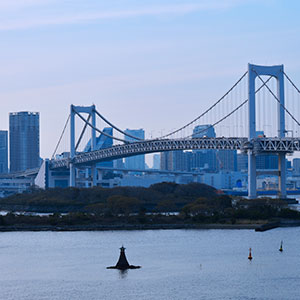Strategies for securing the best bilingual candidates
Ask most country managers or HR directors of foreign multinational firms operating in Japan and top of their priority lists is finding the best bilingual talent. It’s a tough task and when a firm does finally find and offer a job to the dream candidate, can they close the deal?
Failure is frustrating and costly, and the reality is that some firms manage the process better than others. The following strategies during the hiring process separate the winners from the also-rans in the race to hire the best bilingual talent.
PEOPLE BUY PEOPLE — Candidates receiving multiple offers from pros-pective employers often make a selection based on their perception of the quality of the firm (more so than remuneration). Since this impression is created by the internal interviewers, involving the most passionate and impressive employees in the interview process provides an edge.
EMPLOYER VALUE PROPOSITION (EVP) — Winning firms have identi-fied and developed their EVP for prospective employees. The challenge is in making sure this is successfully communicated to potential employees during the interview process.
Therefore, it is crucial that all internal interviewers know the EVP and stress it throughout the interview process.
ROBUST YET RAPID PROCESSES —
Naturally, the core part of an inter-view process is the firm assessing the candidate’s skills and motivation. However, many candidates disengage from a long drawn out process. Also, many candidates remain open to alternative opportunities right up until the time they sign an offer letter, despite earlier having verbally accepted the job.
EMPLOYER BRAND PROTECTION —
Any candidate who applies and is interviewed by the firm should be treated courteously and professionally, even if they don’t receive a job offer. Positive PR is a powerful tool in the candidate world, particularly in Japan.
SENIOR STAKEHOLDER ENGAGEMENT — While delegating coordination of the briefing and interviewing process is often necessary, it is important to retain open lines of communication between the external recruiter and a senior decision-maker from the business. Firms that do this from the initial briefing stage right through to offer stage greatly improve their levels of success.
MANAGING BUY-BACK RISK —
Despite evidence that candidates who accept counter-offers from their current employer typically look to leave again within six months, most firms will try to persuade good quality employees to stay. Maintaining communication and contact, and even arranging a team social meeting with a candidate during their notice period can mitigate against the most frustrating of situations, that in which a candidate stays put.
Job vacancies across gaishikei are at their highest level in more than two years and many candidates who were cautious about changing roles during the global financial crisis are now back in the job market. Competition among employers is on the increase and acting on these points will significantly improve your firm’s chances of signing up the best talent. What could be more important to the success of your firm in Japan?






